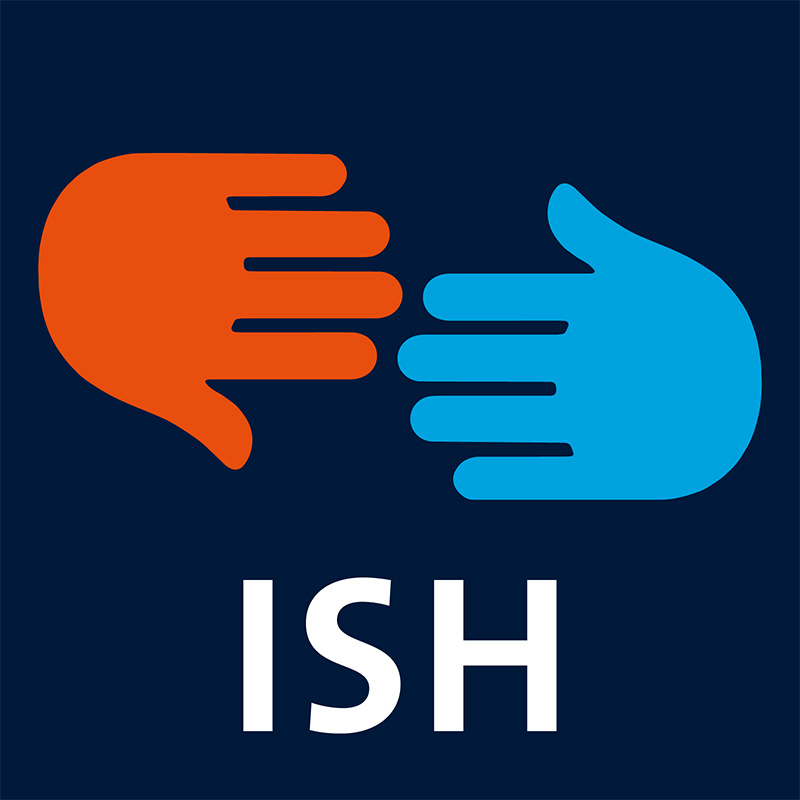The basisverzekering, or Dutch basic health insurance, is the basic insurance packet that is compulsory for all Dutch citizens. The catch is that even if you’re not a Dutch citizen, you might still be legally obliged to take out basisverzekering. Read on to find out everything you need to know about Dutch basic health insurance.
Who needs Dutch basic health insurance?
Students in the Netherlands who:
- Have a zero-hour (casual) working contract, OR
- Have a (part-time) job that pays at least the Dutch minimum wage, OR
- Undertake a paid internship that pays at least the Dutch minimum wage (NB: any expenses covered by your internship – e.g. housing – are considered payment)
are legally obliged to take out Dutch basic health insurance as of their first day of work. Those who are not insured when they should be risk getting a fine.
How much does Dutch basic health insurance cost?
The cost of basisverzekering per month depends on a number of factors; you can calculate the exact amount for your case here. However, we’ll also give you some averages, so you get the general idea.
In 2023, a basic insurance policy will cost approximately €130 per month with an excess/own risk (eigen risico) of €385. However, this figure can be even lower if you opt for a higher excess. The excess is an annual amount you have to pay yourself before any costs are reimbursed under the basic healthcare plan. This however, does not include GP costs.
On the other hand, some of the most extensive options for basisverzekering, including an excess of €385, dental care, physiotherapy sessions, and care abroad, can more than double the cost – you’d be looking at a premium of somewhere around €250 per month.
If you are obliged to take out Dutch basic health insurance, you can also apply for a subsidy (zorgtoeslag) to help cover the costs. Find out if you are eligible and how you can apply on our zorgtoeslag page.
What does Dutch basic health insurance cover?
The Dutch basic health insurance gives limited coverage for medical expenses. It will cover the most basic health care costs and medical emergency expenses. For example:
- Consultations with and treatment by a general practitioner (huisarts)
- Prescription drugs (if you want to see whether a specific medicine is covered by your basic insurance (or how much it costs if not), you can use the official website medicijnkosten.nl)
- Specialist care in a hospital
- Emergency care and transport by ambulance
- Psychological care
The basic health insurance does not cover dental costs if you are over 18, so if you want dental, make sure your insurance company at home covers dental care costs abroad, or take out a supplemental medical insurance including dental care.
Also note that the contents of the basisverzekering are determined by the government and can change slightly every year. You can find more detailed information (in Dutch) on the contents of the package for 2023 at zorgwijzer.nl and at the official Dutch government website.
How do I get Dutch basic health insurance?
Applying for health insurance here is not a difficult task and can be done completely online, although you will need a DigiD. Once you have selected your plan and the provider (the zorgwijzer.nl page is a great way to find insurances suited to your needs), log into the insurance provider’s website with your DigiD, fill in your personal information, and click to apply.
You should be very careful when choosing and applying for an insurance package, as changing its contents, the provider, or even your excess can only be done during a small time window every year: you need to cancel your previous insurance before January 1st and take out a new one before February 1st . You can read more about changing insurance here. If you miss this time window, you can only change or adjust your insurance if you change your job, so choose wisely! As a rule of thumb, if you think you may need some specific thing covered, top-up your basic insurance to cover for it.
How does public health insurance work?
After purchasing your public health insurance, you will be billed each month. Your insurance provider will send you an insurance card as well as an European Health Insurance Card (EHIC). Note that sometimes these may be on the same card so if you only receive one card, you are still fine!
You should inform your GP about the insurance number. You can do this either by calling them or alternatively tell them the next time you visit them. If you register with a pharmacy, let them know your insurance number as well to make your visits to the pharmacy faster and less of a hassle.


